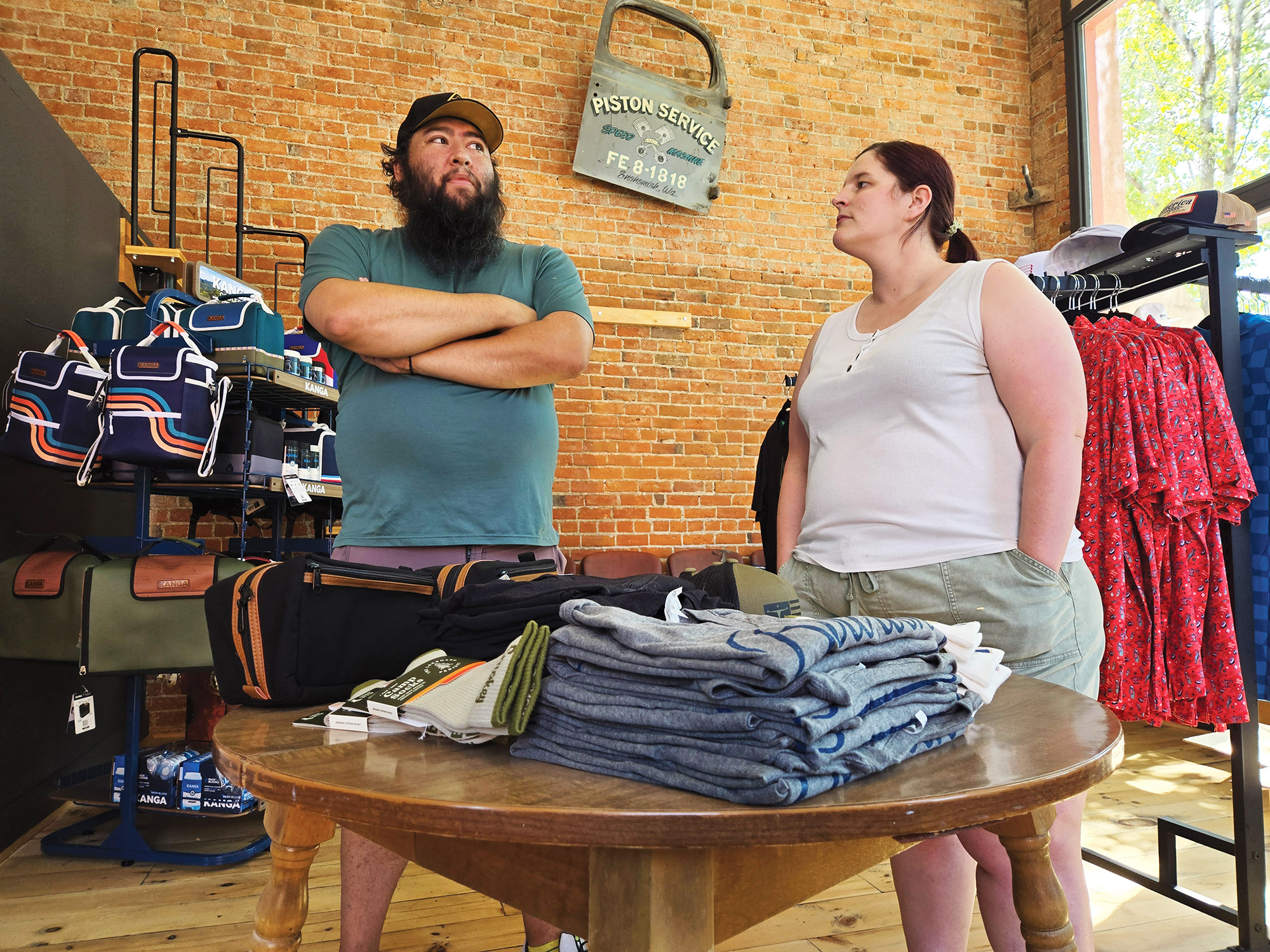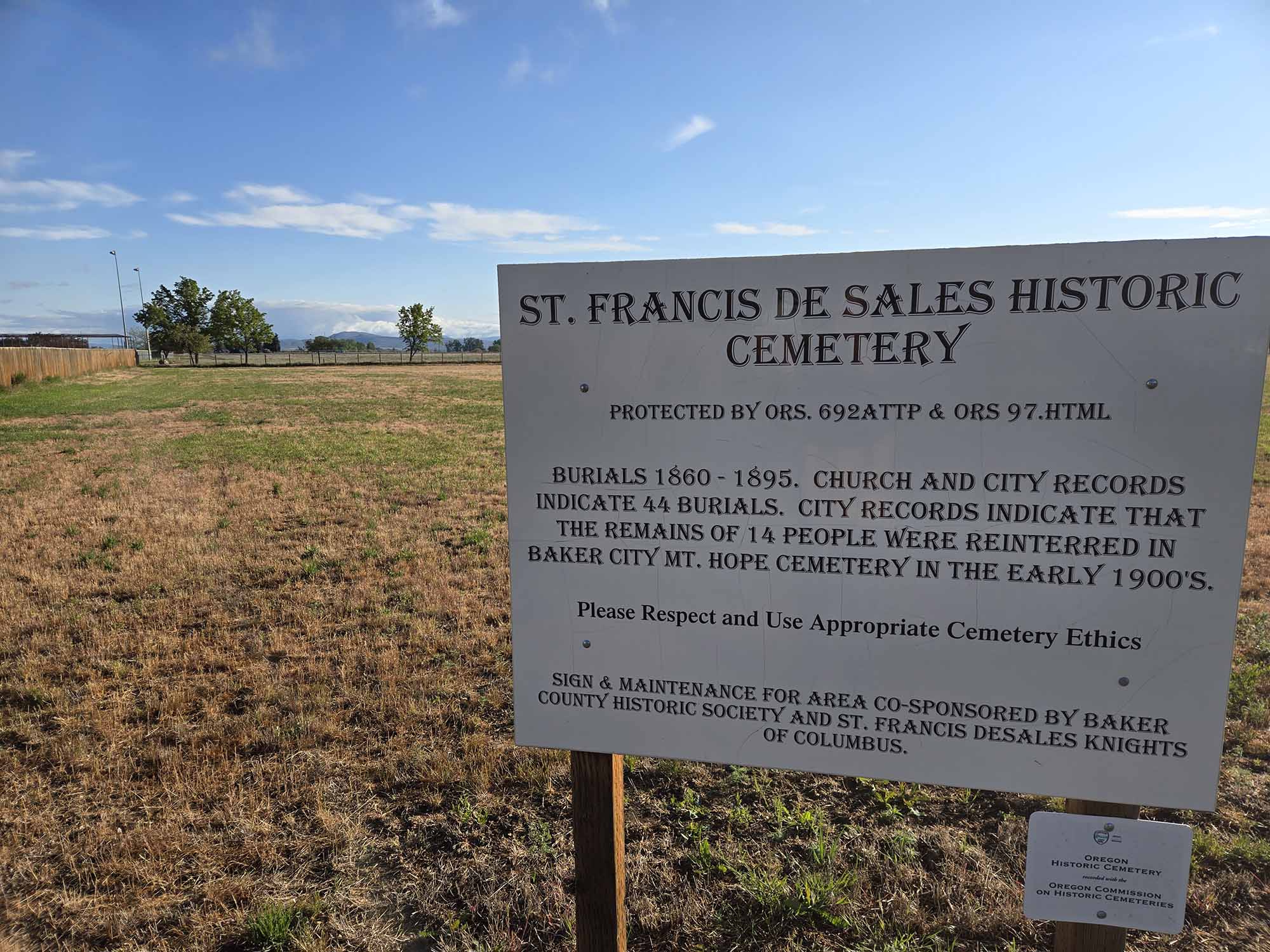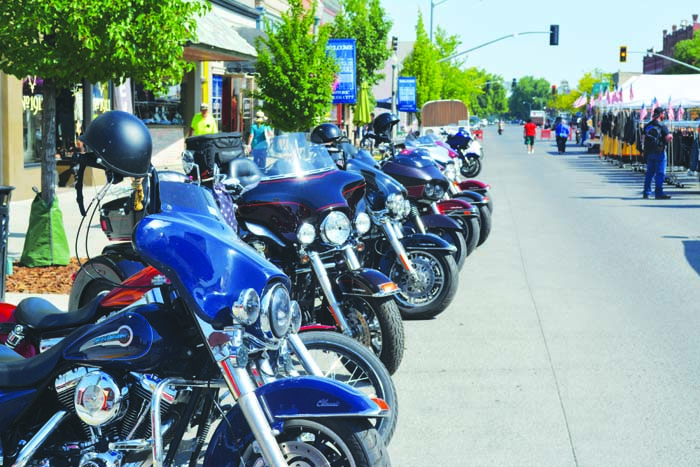COLUMN: Pre-soaking T-shirts and ‘anomalous’ heat
Published 2:05 pm Friday, July 23, 2021
I have of late taken to preparing for my early evening stroll around town by dousing my T-shirt, and my hair, from the cold tap of the bathroom faucet.
Trending
This sodden ritual is slightly ridiculous.
And not a little messy, what with the inevitable dripping.
While I’m kneading the cotton garment in the sink, trying to ensure it gets a thorough soaking from the modest flow, I can’t help but feel like a character in a B movie who lives in a cruddy urban apartment and is forced to do his wash in the same receptacle where he spits his toothpaste.
Trending
(I would use the wider faucet in the tub, except the valve that switches between the faucet and the showerhead is stuck on the shower, and I have enough problems without adding a plumbing emergency to the list. Which I surely would do if I tried to effect a repair in my hamfisted way, which typically involves a hammer and profanity.)
I’ve considered running through the sprinkler, thus shedding a few decades, figuratively speaking, while I’m taking on a temporary but very real load of cool, refreshing droplets. Except I’m complying with the city’s 7 p.m. to 7 a.m. outdoor watering schedule — a wise precaution in this thirsty summer — and I usually head out a couple hours too early.
I started this pre-walk baptismal when the heat slunk in town and, in the manner of an boorish and uninvited houseguest, settled itself for a long stay.
And although the hot weather doesn’t subject me to paranoid monologues about chemtrails and 5G, or to drink the last beer in the refrigerator, the extended span of 90-degree-plus days has annoyed me at least as much as a loudmouth sprawled on my sofa would.
Soaking my shirt — and giving my shorts a pretty fair spattering in the process — helps temper the heat.
The effect, alas, is temporary.
Very temporary.
With the temperature above 90 and the humidity in the teens — a combination more suited to seasoning lumber than to a pleasant summer walk — my shirt is mostly dry before I’m halfway through my walk, which typically spans about 50 minutes.
There is of course nothing abnormal about temperatures rising into the 90s during July — even for a week or more straight.
But it’s also clear that, due in part to the heat-trapping properties of the modern world’s emissions, I ought to anticipate donning a soggy shirt more often in summers to come.
(An experience that makes me shudder every time, in those few seconds when the icy fabric latches onto my skin in its inimitable clammy embrace.)
But though I am convinced of climate change in a general sense — disappearing glaciers, among other tangible evidence, is awfully compelling — my instinctive curiosity refuses to be lulled into the comfortable complacency of the orthodox.
The recent unprecedented heat wave that afflicted much of the West, for instance, prompted predictable reactions.
Before health officials had even finished tallying the death toll in Oregon, scientists were rolling out studies attributing the record-setting temperatures to climate change for which humans are the culprits.
The Associated Press, in reporting about one study, described it as a “quick scientific analysis.” I’m not a scientist, but it seems to me that “quick” is not an adjective suggestive of strict adherence to the scientific method. The AP story also noted that this analysis, from World Weather Attribution (which, so far as I can determine, does not involve wrestling), has not been peer reviewed.
Nonetheless, the study’s authors, after letting their computer models chew on the data, concluded that climate change was responsible for 3.6 degrees during the heat wave.
The AP reporter quoted the study’s senior author, Friederike Otto, a climate scientist at the University of Oxford: “Without climate change this event would not have happened.”
This is about as unequivocal as a statement can be.
And so I find it passing strange that the reporter either didn’t ask what seems to me an obvious question, or didn’t include the response in the story.
Portland and Salem, to cite just two of the many cities that set all-time high temperature records in late June, didn’t just barely beat the previous standards.
Portland reached 116 degrees — nine degrees above the old record of 107.
Salem’s margin was the same — 117 degrees compared with the previous apex of 108.
Deduct the 3.6 degrees that the study puts to climate change — better still, round it up to four degrees to simplify the math — and both Portland and Salem still break their all-time records by five degrees.
Yet Otto, the climate scientist, contends this “would not have happened” but for climate change.
I’m quite certain that had Portland topped out at 112 degrees, and Salem at 113, this heat wave would have received just as much publicity — and likely have been equally deadly.
But if climate change was truly responsible for less than half of the nine degrees between the old record and the new, then what factor, or more likely factors, contributed to the larger share of the difference?
I read, in the several days prior to the arrival of the heat, the “forecast discussions” that National Weather Service meteorologists post on the agency’s website. These discussions offer an insider’s look at how the forecasters derive their predictions.
Meteorologists at the Weather Service office in Portland frequently referred to an “anomalous” dome of high pressure that they expected to descend on the Northwest and potentially lead to a record-setting heat wave.
They were, we know, correct.
As that adjective — anomalous — implies, high pressure itself is not uncommon in the West; indeed, it’s the predominant weather pattern for much of the summer.
But that pattern was unusually intense during the heat wave. What’s not clear to me, from reading the AP story about the “quick” analysis, is whether climate change, which some people blame for all manner of meteorological phenomena, has been linked, in any definitive way, to anomalous high pressure domes.
In this recent study, at least, the answer would seem to be no — otherwise, the models ought to have attributed more than 3.6 degrees to climate change.
The climate scientists are hard at it, to be sure, and I’m sure we’ll learn more as they do.
In the meantime, I’ll keep venturing out into the heat, still potent even at supper time, soggy cotton clinging to my skin, contributing artificial sweat before my own pores kick in.
Which takes all of a block.
Jayson Jacoby is editor of the Baker City Herald.








